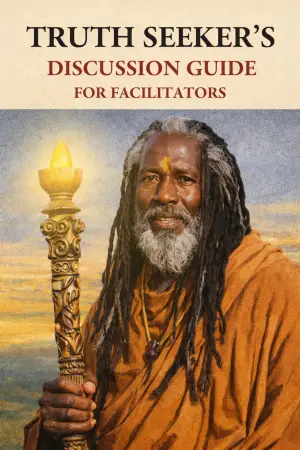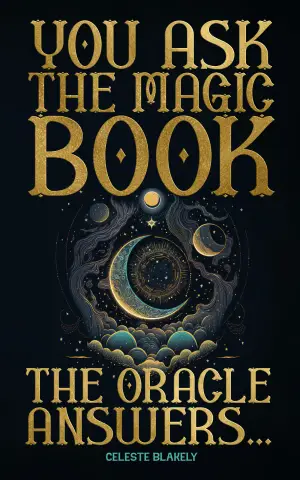I recently finished Ringworld by Larry Niven, and I can confidently say it was an experience that both enthralled and challenged my imagination. As a fan of science fiction, I am always on the lookout for stories that push the boundaries of our understanding of the universe, and Niven delivers that in spades.
The premise is incredibly intriguing: an artificial ring, some 180 million miles in diameter, encircling a sun-like star. The story begins with the Puppeteers—an alien race of three-legged, two-headed beings—who are both awe-struck and nervous about the creation of this magnificent artifact. They assemble an oddball crew, including Louis Wu, an existentially bored human; Nessus, a cowardly Puppeteer; and Speaker-to-Animals, a fearsome Kzin. Together, they embark on a perilous exploration of Ringworld but soon find themselves embroiled in a series of unexpected misadventures.
Positives: One of the standout elements for me was Niven’s ability to weave together scientific concepts with rich, imaginative storytelling. He creates an utterly unique universe filled with thought-provoking concepts—like the Kemplerer rosette and the motivations of his alien characters. It’s thrilling to read dialogues that not only advance the plot but also present philosophical quandaries about life and existence. Rick O’s review nailed it when he noted how Niven can create fantastical technology—like the quantum II hyperdrive—that feels both exhilarating and comprehensible.
Niven’s world-building is indeed remarkable. The detailed portrayal of alien species and their cultures is impressive and invites readers to explore a plethora of imaginative scenarios. C. Stevens called this a "classic for a reason," and I wholeheartedly agree that the depth of this Sci-Fi masterpiece makes it a fundamental read for any genre enthusiast.
Drawbacks: However, the book isn’t without its flaws. While the plot is engaging, some character developments felt rather shallow. Critics have mentioned that while characters like Louis Wu and Teela Brown start with interesting potential, they often land flat, lacking the depth that could make them memorable. As I related to Locrian’s critique, it’s frustrating when strong ideas are hampered by underdeveloped character arcs.
Additionally, the pacing can fluctuate significantly. Some sections are brisk and gripping, while others can drag on, especially during extended technical explanations. This mix might leave readers feeling slightly disoriented at times, as noted in customer reviews. Some found themselves wishing for a more streamlined narrative.
To respond to one detail from the official description, the motivations of the crew are perhaps not as fleshed out as I expected, especially concerning their backdrop and emotional engagement with the mission. The rebels and adventures in the Ringworld are thrilling, but the internal struggles of characters like Louis Wu often take a back seat.
In conclusion, Ringworld serves as a vivid tapestry interwoven with remarkable scientific concepts and rich thematic explorations. While character development may not reach the same heights as the imaginative journeys the story offers, the sheer scale and depth of Niven’s universe left me in awe. I can recommend it to both seasoned Sci-Fi fans and those entering the genre—it’s a gateway that blossoms with ideas that will linger long after reading.
If you’re seeking thought-provoking adventures and imaginative explorations of future science and technology, I wholeheartedly say, grab a copy of Ringworld. It’s a literary journey that, despite its imperfections, expands the horizons of contemporary science fiction.
Discover the captivating universe of Ringworld and embark on an unforgettable adventure. >>








